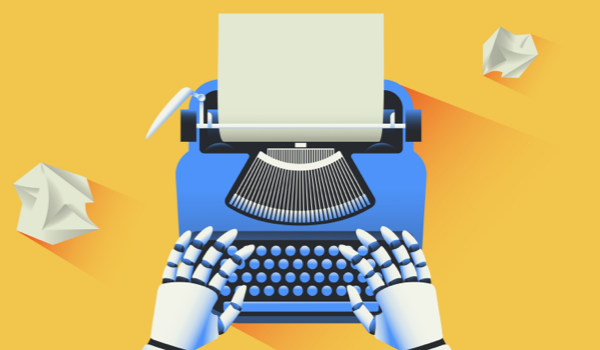


CAMBRIDGE, UK - ChatGPT, the new artificial intelligence (AI) chatbot developed by the San Francisco-based research laboratory OpenAI has taken the world by storm. Already hailed as a milestone in the evolution of so-called large language models (LLMs), the world’s most famous generative AI raises important questions about who controls this nascent market and whether these powerful technologies serve the public interest.
OpenAI’s release of ChatGPT last November quickly became a global sensation, attracting millions of users and allegedly killing the student essay. The chatbot can answer questions in conversational English (along with some other languages) and even perform other tasks, such as writing computer code.
The answers that ChatGPT provides are fluent and compelling. Despite its facility for language, however, it can sometimes make mistakes or generate factual falsehoods, a phenomenon known among AI researchers as ‘hallucination.’ The fear of fabricated references has recently led several scientific journals to ban or restrict the use of ChatGPT and similar tools in academic papers. However, while ChatGPT m
The content herein is subject to copyright by Project Syndicate. All rights reserved. The content of the services is owned or licensed to The Yuan. The copying or storing of any content for anything other than personal use is expressly prohibited without prior written permission from The Yuan, or the copyright holder identified in the copyright notice contained in the content. Continue with Linkedin
Continue with Linkedin
 Continue with Google
Continue with Google









 982 views
982 views








